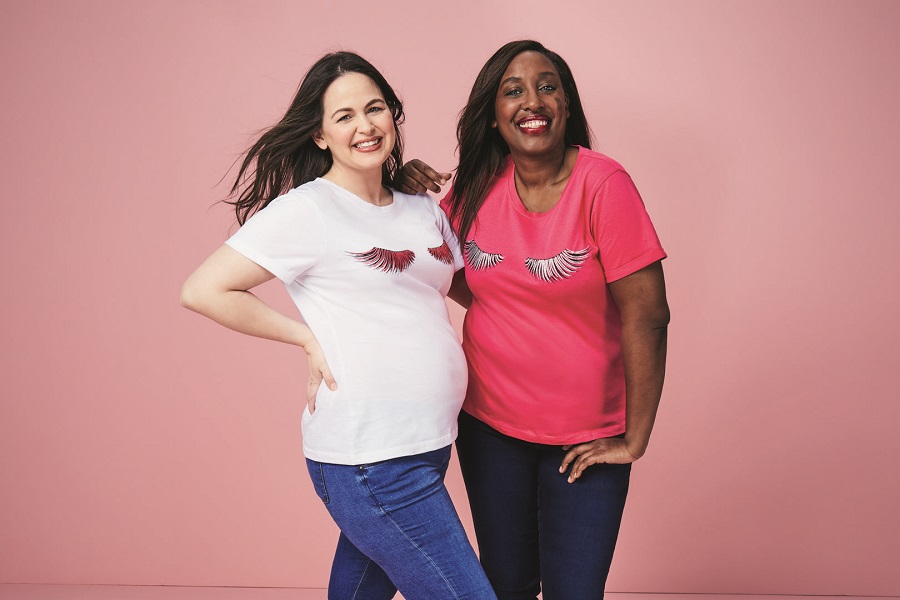Leadership Perspective | May 1, 2019
Breast cancer: why it’s good to talk, by Christine Jaworsky

Christine Jaworsky, Director Avon Foundation, discussed why it’s important to talk about cancer
Unfortunately, it’s a fact of life. Cancer can touch us all at one time or another, and it’s important to know how best to bring it up without making friends and loved ones feel more anxious than they may do already about the subject. You want to show your support and offer practical help – but you don’t want to get it wrong.
So what to do? Well, the one thing you definitely shouldn’t do is not say anything. Of course, you don’t want to force someone to have a conversation about it if they feel uncomfortable – but the fact is, opportunities to talk about cancer can crop up in many ways and may just make the difference someone needs to reach out for help.
And feeling more confident talking can also help open up conversations about cancer with people who haven’t been affected by it. You don’t even have to mention cancer specifically. For example, if someone mentions their health – maybe they’re trying to quit smoking or lose weight- it could be a moment to offer encouragement and to talk about the benefits of living healthily. Maybe they mention their age, and you could ask whether they’re eligible for breast cancer screening. You could even be talking about buying a new bra and the topic of boobs can come up!
If someone has noticed a change to their body, they might shy away from the subject because they’re anxious. That’s when you can support them to have a conversation with their doctor. It could just be that you ask how long they’ve had their symptom, or whether they’ve had any medical advice already. By acting as a prompt for someone to see their doctor you can play a big role helping someone get to the help they need.
The important thing is to be friendly and supportive. You don’t need to know all the answers, and you might not be able to fix the problem – just listening can help. And suggesting a few places they can go for further support, is a great way to give them something useful and practical to consider, too.
It can be daunting to begin a conversation about cancer, but here are some tips for how to have a good conversation:
Don’t panic : it’s common for people to want to share their own experience of cancer.
You don’t need to know all of the answers : don’t worry if someone asks you a question you don’t know the answer to, refer them to their doctor.
You won’t be able to fix someone’s problem : although we all want to help, you can’t fix everything. Don’t feel bad about not being able to provide a solution – just listening can help.
Make sure you listen : if someone has had an experience of cancer, listen to what they are telling you. You can show you are engaged by keeping eye contact and nodding. Saying things like, “I’m sorry to hear that”, and letting the other person share their thoughts with you can be helpful. They might not want to talk about cancer after sharing their story, reassure them that’s fine and change the topic.
Signpost to further support : you can help someone find places they can get support such as their doctor or local helpline. You could use phrases like: “Thank you for telling me about what happened. I wonder if you’d find it helpful to talk things through with you doctor” or “After your experience; cancer must be very close to your heart. I’m not a medical professional, so I don’t know enough about cancer to be able to answer your questions, but I can tell you where to find out more”
This information is not a substitute for professional care and should not be used for diagnosing or treating a health problem or a disease. This information is intended to help facilitate conversations only. If you have, or suspect you may have, a health problem you should consult your doctor.